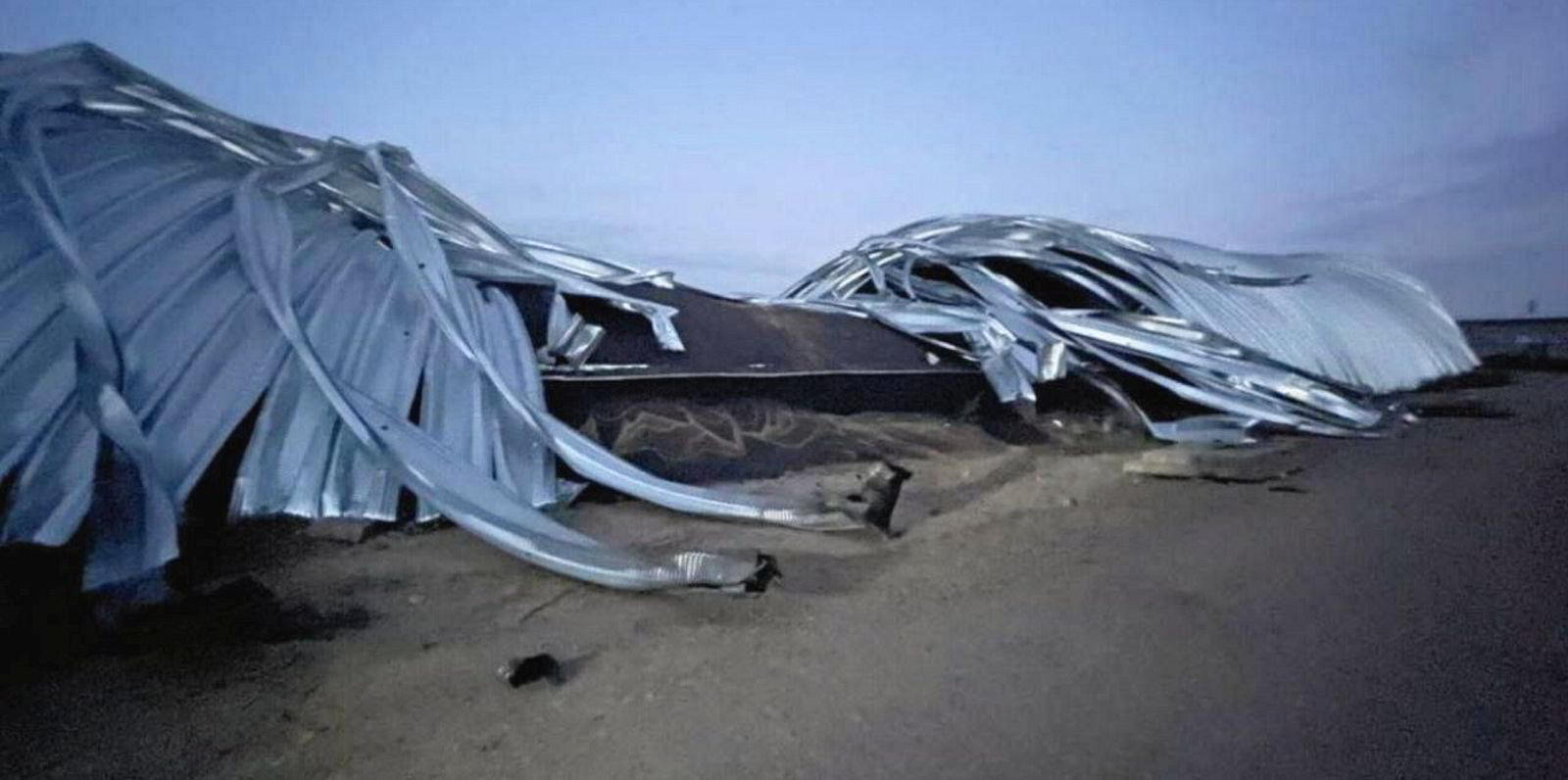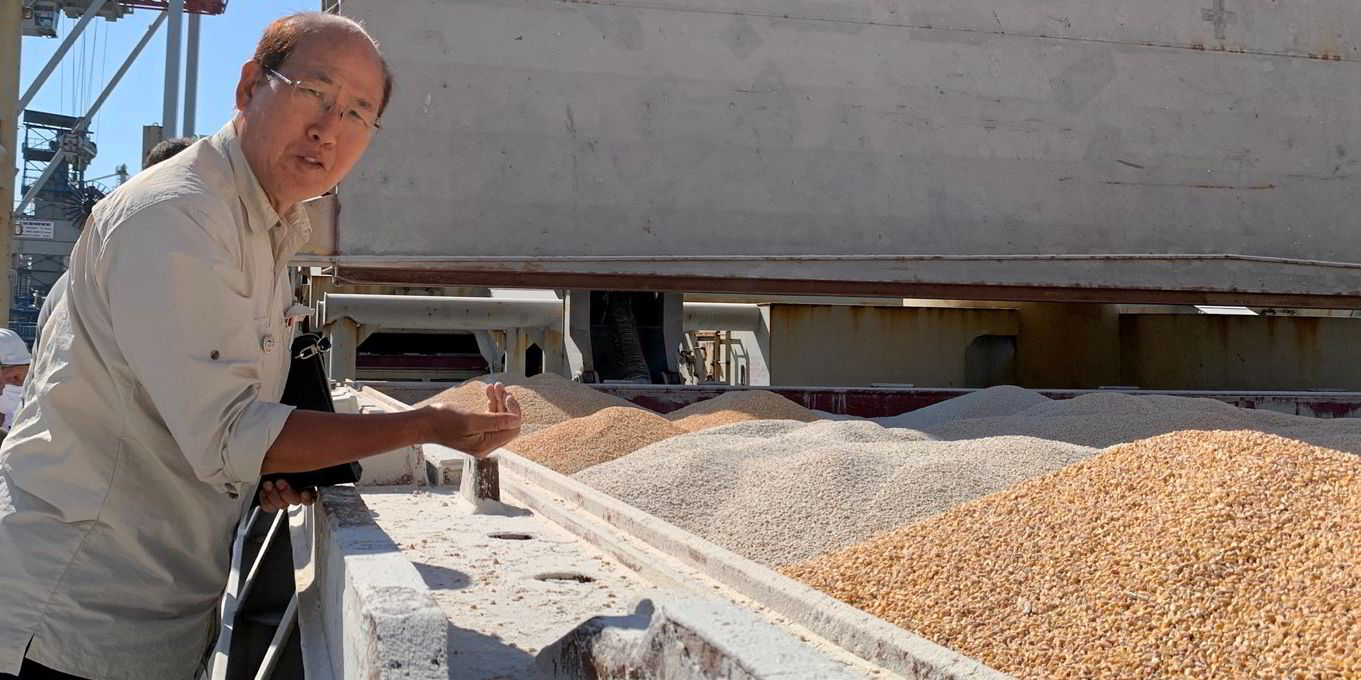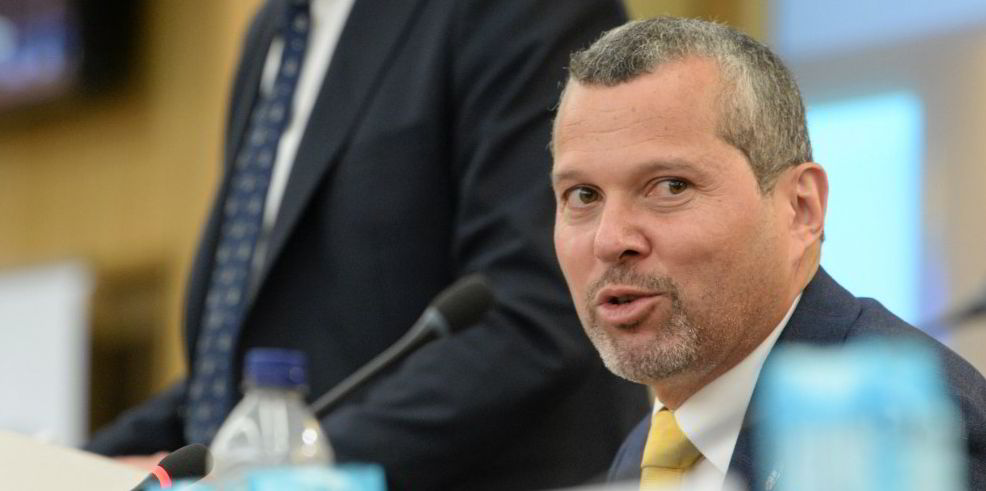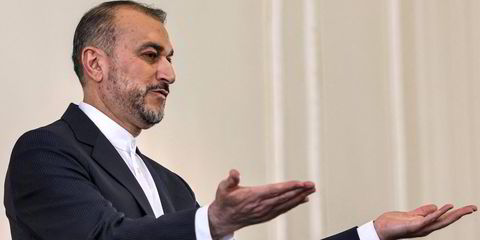Russia will stand for election to the International Maritime Organization’s executive body in December despite threats of being blackballed by some countries over attacks against shipping during its invasion of Ukraine.
Russia, which has been ever-present on the IMO Council since 1960, is one of 11 nations vying for 10 spots on the council as member states with the “largest interest in providing international shipping services”.
Liberia has been encouraged to stand, in a challenge to Russia and the established order at international shipping’s high table. It has a strong case after overtaking Panama this year to become the world’s largest flag state.
The contest breaks the mould of cosy consensus at the IMO, where the last election in December 2021 saw just 10 candidates for the 10 spots among the “elite” group on the council.
All 10 were duly elected for the two-year term, with Russia securing 145 of the 157 votes cast — more than the UK (142) and the US (137).
The same 10 — China, Greece, Italy, Japan, Norway, Panama, South Korea, Russia, the UK and the US — are standing again this time, with Liberia joining the mix. Liberia was last elected to the 40-member council in 2017.
The other 30 nations that sit on the council will be elected from two other pools that qualify by having the largest interests in seaborne trade, having special maritime interests or ensuring proper global representation.
The council supervises the work of the IMO, monitors its programme and budget, and appoints its secretary general.

The potential dumping of Russia from the council is largely symbolic, as it will retain its full membership status, despite the war in Ukraine.
Liberia said it is canvassing “tooth and nail” for the seat, pointing to its role as a major flag state and financial contributor to the IMO.
“I can state with no uncertainty that for over six decades, Liberia has played a major and important role within the global maritime transport arena,” Lenn Eugene Nagbe, commissioner of the Liberia Maritime Authority, said as he lobbied for votes in July.
The war and Moscow’s attacks on Ukrainian port facilities, the blockade of bulk carriers at its ports, threats to commercial shipping and the breakdown of the United Nations-backed Black Sea Grain Initiative will probably lead to 30 to 40 countries rejecting its bid, according to one observer.
Liberia, which has been scarred by previous failures, saw an opportunity as Russia has haemorrhaged support before the council enlarges to a 52-member body in the coming years, the observer said.
The vote will be held on 1 December during a meeting of the larger governing body of the 175-member IMO, the assembly.

The assembly will also consider an appeal by Ukraine to ban any member “recognised as an aggressor state” by the UN from sitting on the council.
It is part of proposed changes to the IMO’s rules “to ensure that the preservation of human life and the protection of the marine environment are considered as highest priorities for international merchant shipping”, according to the proposed change.
The manoeuvring highlights how global politics plays a significant role in a body that sees itself largely as a regulator of technical and professional standards.
Read more
- Give a ‘greater share of heart and mind’ to human rights at sea
- Zelenskyy calls for help with Odesa air cover to defend new grain corridor
- Shipping regulator IMO urged to push slow-steaming rules to cut ‘ocean roadkill’
- Russia’s IMO role hangs in balance after threats to Black Sea shipping
- Shipping needs to pull out all the stops in critical decade, DNV says





